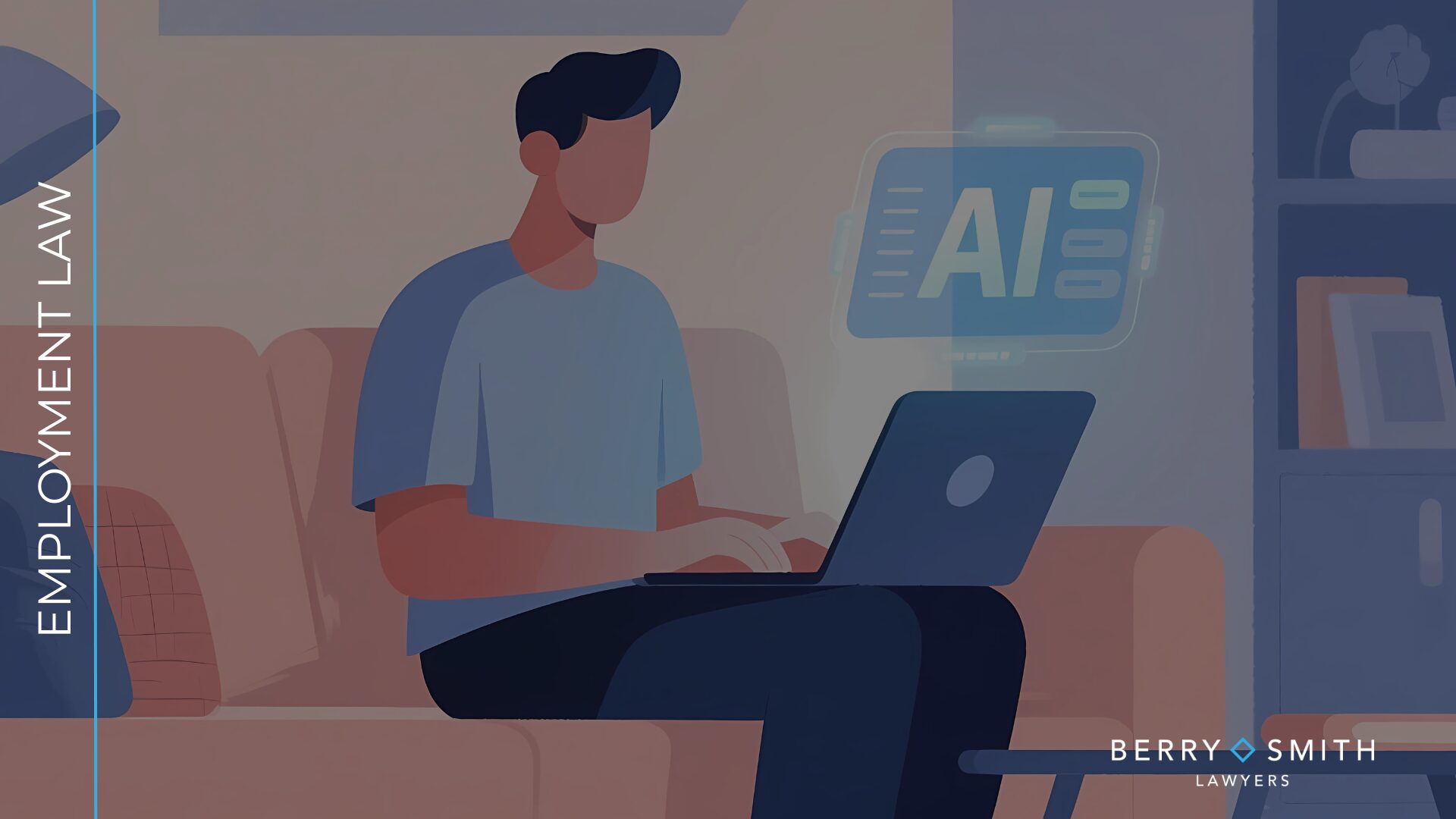Introduction
AI has rapidly evolved in recent years, with the use of ChatGPT growing alone from 100 million monthly users to 400 million users in just two years. The use of AI is therefore changing the workplace for many and this area of uncertainty has prompted the Trade Union Congress (TUC) to publish a comprehensive strategy document. The document, entitled ‘Building a Pro-Worker AI Innovation Strategy’, outlines proposals to ensure AI is used and developed in a way to genuinely benefit workers.
What is the TUC?
The TUC is a federation of trade unions that collectively represent most unionised workers in England and Wales with a total of 5.5 million members. They seek to support trade unions to grow and thrive by campaigning for better working environments for workers.
The message from the TUC is clear that AI in the workplace must be shaped with workers’ interests at its core and not just to accelerate technological change to advance their businesses.
Key Recommendations
1. New Employment Rights and Protections
The TUC is advocating for new legislation to establish clear protections around AI in the workplace to build on its draft of the Artificial Intelligence (Regulation and Employment Rights) Bill. These include:
– Mandatory AI Impact Assessments: Employers would be required to evaluate AI systems’ effects on workers before implementation. This aims to ensure transparency and consultation, so workers understand how AI impacts their pay, performance, or employment prospects.
– Human Oversight Requirements: For high-risk AI-supported decisions, particularly in hiring and disciplinary processes, human decision-makers must remain accountable. A compelling precedent for this approach is the 2024 Joint Declaration on Employment Aspects of Artificial Intelligence in the European Banking Sector. This agreement, signed by unions and employer federations, established a ‘Human-in-Control Principle,’ mandating human oversight for certain decisions, and providing workers the right to challenge AI-driven decisions.
– Enhanced Data Rights: Workers should be able to access data about themselves generated by workplace AI systems, including information collected on and generated by workers.
2. Role of Regulators
The TUC has argued that regulators must adopt a ‘pro-worker approach’, to give workers’ welfare equal standing to consumer welfare. Specific proposals include:
– Competition and Markets Authority (CMA): The CMA’s remit should be widened from consumer protection to include worker protection, directing it to consider the impact of market power on employment when regulating the AI marketplace.
– Information Commissioner’s Office (ICO): The ICO should support collective data rights, allowing unions to access and exercise rights on behalf of individual workers.
3. Corporate Governance Reforms
To ensure that companies look beyond short term shareholder value the TUC has considered some significant corporate governance reforms.
Company reporting should begin to include the specific impact of AI on employment. Companies with over 250 employees should require board-level worker representation with a third of directors being elected by the workforce. They also have supported the idea to reform director duties to focus on long terms success to consider all stakeholders including the workforce and the local community.
4. Supporting workers through change
The TUC has acknowledged that the use of AI in the workforce will affect different workers and sectors on varying different scales. In light of this the TUC has introduced a few proposals to help mitigate the impact of AI systems in the workforce:
– Employers should be mandated to further invest in in-work training and skills development on AI and digital technologies.
– Formal union representation should be present in design to include trade unions, including their Union Learning Representatives (ULRs), be embedded across national and regional skills initiatives to ensure worker interests are reflected in system design.
Conclusion and considerations for employers
The TUC’s ‘pro-worker AI innovation strategy’ is a starting point for how AI can be developed and deployed responsibly, with human welfare at its core. While the exact trajectory of AI remains uncertain, the TUC emphasises that action needs to be taken now, involving a ‘whole of government approach in partnership with workers and unions’.
For employers, these recommendations suggest a future where the social and employment impacts of AI will be under increasing scrutiny. Proactive engagement with these issues, from internal policy development to strategic planning, will be crucial.
Please note the contents of this article do not constitute legal advice. If you require any further information or if you would like our assistance, please contact us at employment@berrysmith.com or on 02920 345 511.
